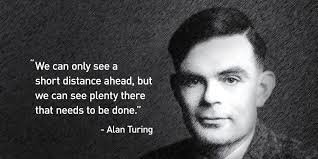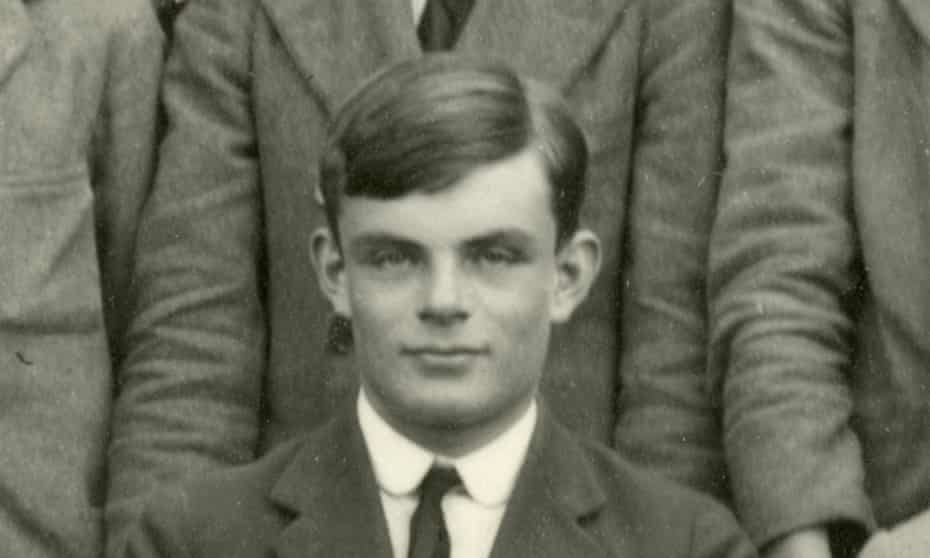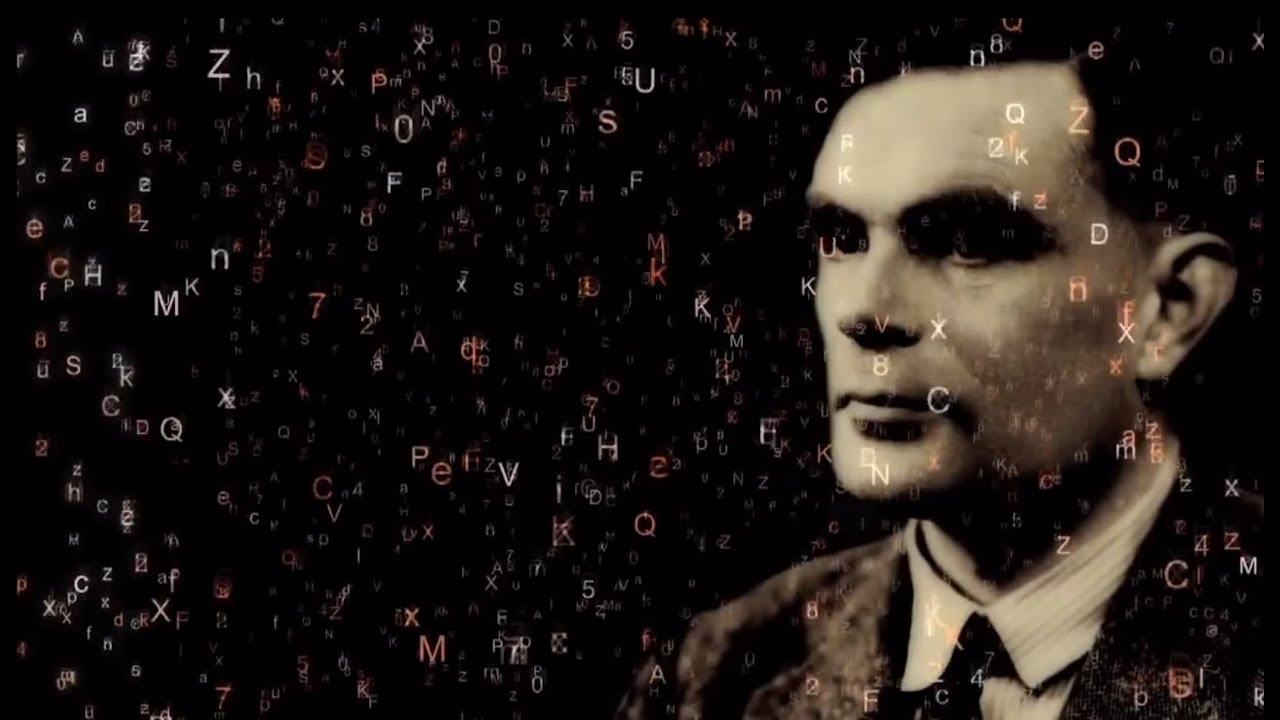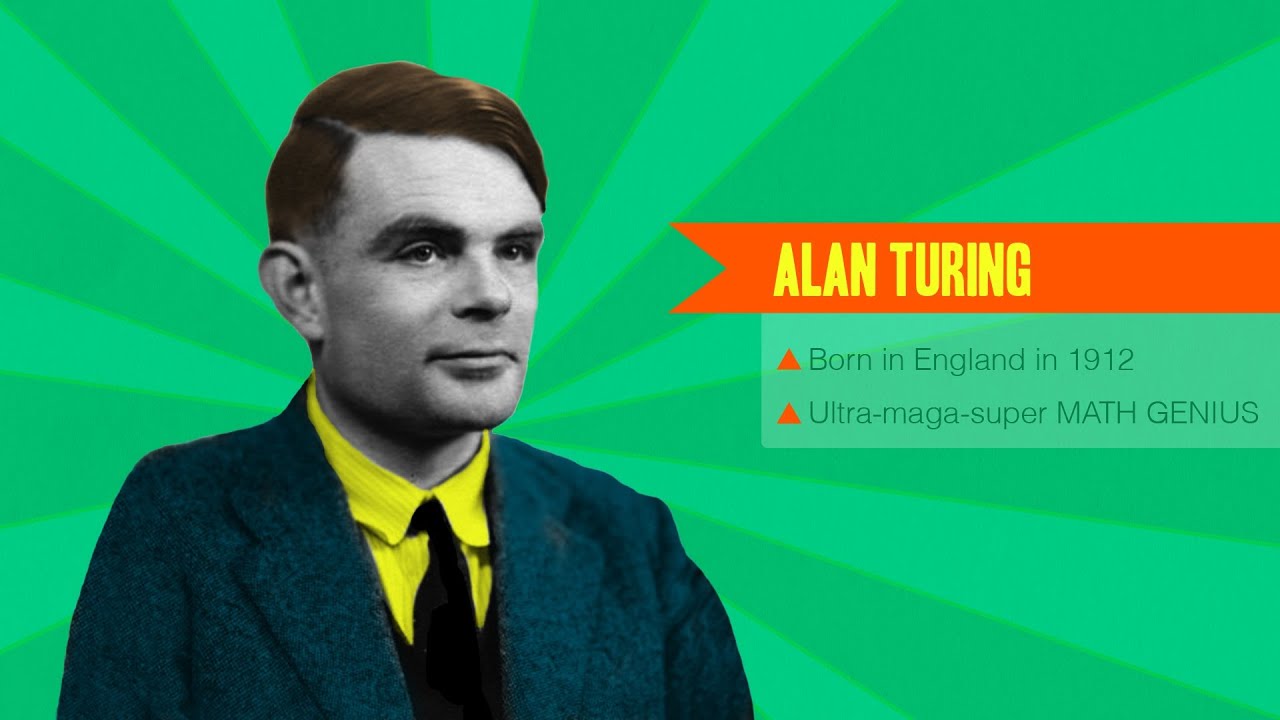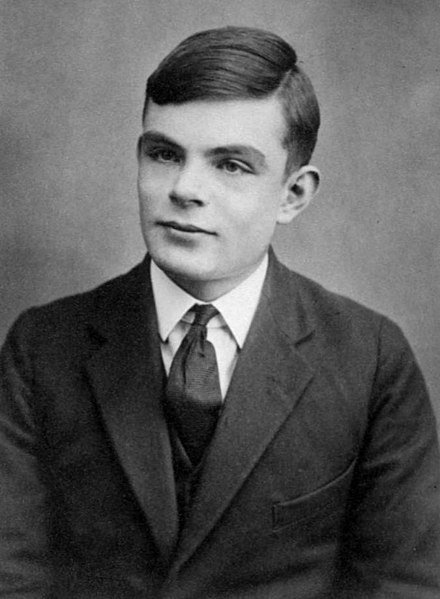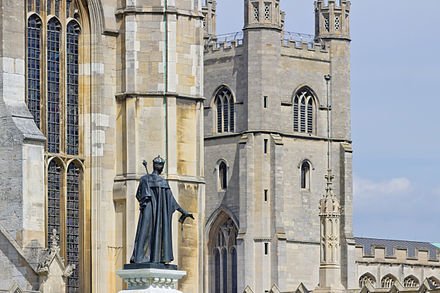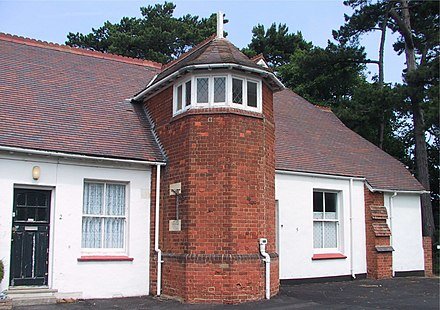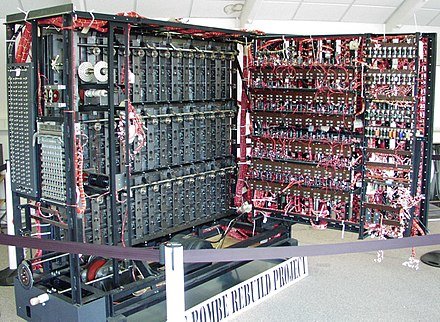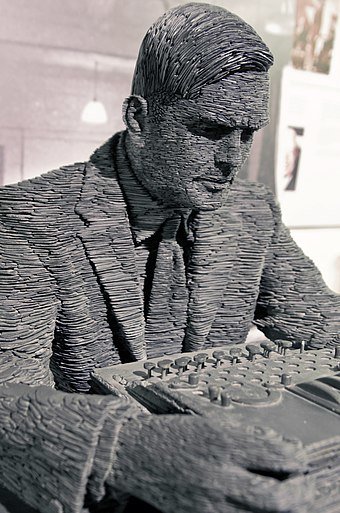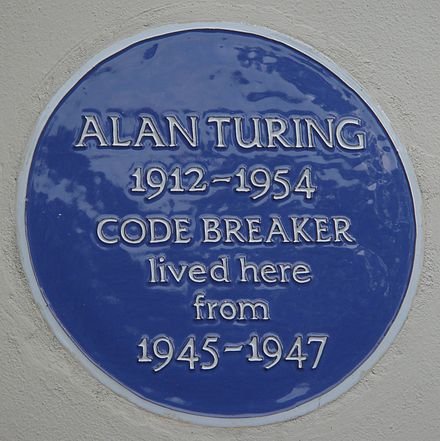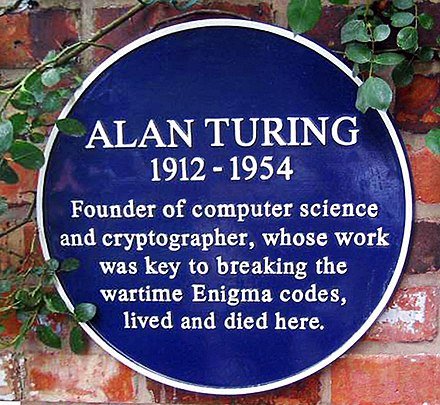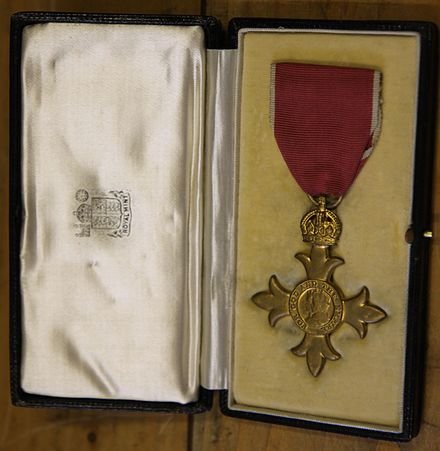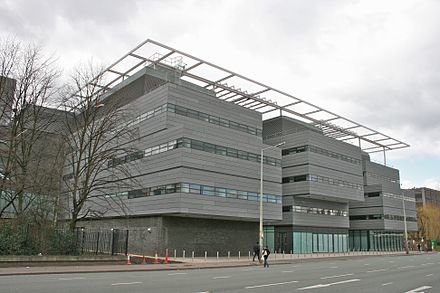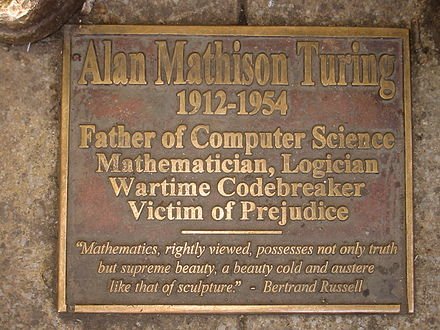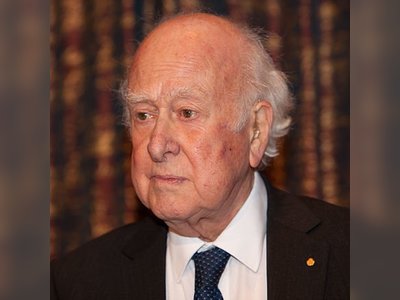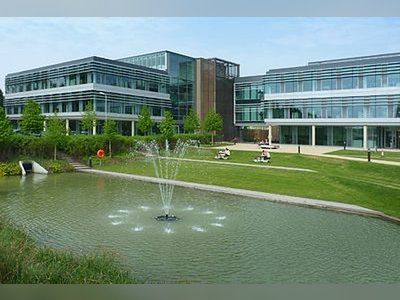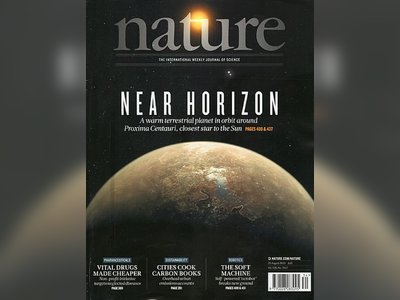British Heritage
Remember, Cherish, Learn.
beta
Alan Turing - Father of Artificial Intelligence
Father of Artificial Intelligence and British Heritage.
Introduction
Alan Mathison Turing, the renowned English mathematician, computer scientist, logician, cryptanalyst, philosopher, and theoretical biologist, is widely regarded as the father of theoretical computer science and artificial intelligence. Born on 23rd June 1912 in Maida Vale, London, Turing's contributions to British Heritage have left an indelible mark on the fields of science, technology, and society at large. This article explores the legacy, achievements, and lasting impact of Alan Turing, shedding light on his remarkable journey as a pioneer in the world of computing and AI.
Turing's Contributions to British Heritage
The Universal Turing Machine: The Foundation of Computers
One of Turing's most significant achievements was the development of the Universal Turing Machine in 1936. This groundbreaking concept laid the foundation for the first computer and revolutionized the world of computation. The Universal Turing Machine was a theoretical model capable of performing any computation that could be described algorithmically. It marked a pivotal moment in computer science, providing the framework for the design and construction of modern computers.
Cryptanalysis and World War II
During World War II, Turing played a vital role in breaking German codes and ciphers at Bletchley Park, the British codebreaking center. Turing's expertise in cryptanalysis and his invention of the bombe, an electromechanical machine used to decrypt Enigma-enciphered messages, proved instrumental in the Allies' victory. By unraveling intercepted coded messages, the Allies gained crucial intelligence, which significantly impacted the outcome of major engagements, including the Battle of the Atlantic. Turing's contributions are estimated to have shortened the war in Europe by more than two years and saved over 14 million lives.
The Turing Test: Defining Artificial Intelligence
In 1950, Turing proposed the Turing Test, a test for determining a machine's ability to exhibit human-like intelligence. This seminal idea paved the way for the field of artificial intelligence. The Turing Test remains influential to this day and is still used to evaluate AI systems' capabilities in simulating human thought and behavior. Turing's work in this area sparked a revolution in AI research and has had a profound impact on modern technology and society.
Achievements and Success
Academic Pursuits and Early Contributions
Turing's academic journey started at King's College, Cambridge, where he studied mathematics and graduated with first-class honors in 1934. During his time at Cambridge, he made significant strides in his research, proving the central limit theorem and developing concepts related to computability and algorithmic processes. In 1935, at the young age of 22, he became a Fellow of King's College, thanks to his outstanding dissertation on the central limit theorem.
Formalization of Computation and Turing Machines
In 1936, Turing published his groundbreaking paper titled "On Computable Numbers, with an Application to the Entscheidungsproblem," in which he introduced the concept of Turing machines. These hypothetical devices were simple models of computers capable of performing any mathematical computation that could be described algorithmically. Turing's work formalized the concept of computation, becoming the cornerstone of modern computer science.
Codebreaking and the Bombe
During World War II, Turing joined the Government Code and Cypher School (GC&CS) at Bletchley Park, where he became a leading figure in the effort to crack German codes and ciphers. His work on the design and implementation of the bombe significantly expedited the decryption of German Enigma-encrypted messages, providing vital intelligence to the Allies. His efforts in codebreaking were instrumental in the defeat of the Axis powers.
Mathematical Biology and Morphogenesis
In addition to his work in computing and codebreaking, Turing displayed his versatility by venturing into mathematical biology. In a pioneering paper titled "The Chemical Basis of Morphogenesis" published in 1952, Turing explored the principles underlying biological pattern formation. He proposed a theoretical model for how complex patterns, such as animal markings, could arise from simple chemical reactions. Decades later, his ideas were confirmed with the discovery of the Belousov-Zhabotinsky reaction, validating his significant contribution to the field of mathematical biology.
The Tragic Legacy and Recognition
Persecution and Tragedy
Despite his invaluable contributions to the war effort and scientific advancements, Turing faced severe persecution in his personal life due to his homosexuality. In 1952, he was prosecuted for "gross indecency" under the prevailing laws criminalizing homosexual acts. Rather than facing imprisonment, he opted for hormone treatment, or "chemical castration," which had devastating effects on his physical and mental health.
Apology and Posthumous Recognition
In 2009, more than half a century after Turing's tragic death, British Prime Minister Gordon Brown issued an official public apology on behalf of the British government for "the appalling way he was treated." In 2013, Queen Elizabeth II granted Turing a posthumous pardon. These gestures aimed to rectify the injustice faced by Turing, acknowledging his immense contributions and the immense toll that discriminatory laws took on his life.
The Alan Turing Law
In 2017, the United Kingdom passed an informal term known as the "Alan Turing law," which retroactively pardoned men cautioned or convicted under historical legislation that outlawed homosexual acts. This legislative change aimed to correct the historical injustice faced by Turing and many others and to recognize their valuable contributions to society.
Legacy and Commemoration
Statues and Commemorative Items
Alan Turing's legacy is commemorated in various ways, including statues and the inclusion of his image on the current Bank of England £50 note. The banknote, released to coincide with Turing's birthday, serves as a tribute to his profound influence on the development of computers and artificial intelligence.
Annual Award for Computer Science Innovations
To honor Turing's contributions to computer science, an annual award is dedicated to recognizing exceptional innovations in the field. The award serves as a celebration of Turing's pioneering work and the continued advancements inspired by his legacy.
Greatest Person of the 20th Century
In a 2019 BBC series, the audience voted to name Alan Turing the "greatest person of the 20th century." This acknowledgment reflects the widespread recognition of Turing's profound impact on science, technology, and society at large.
Conclusion
Alan Turing's enduring legacy as the father of artificial intelligence and his groundbreaking work in theoretical computer science have significantly contributed to British heritage. His genius and contributions during World War II in breaking German codes undoubtedly saved countless lives and significantly impacted the outcome of the war. Turing's pioneering concepts, such as the Universal Turing Machine and the Turing Test, have shaped the modern world, laying the groundwork for the digital age and the development of artificial intelligence. Despite the personal challenges he faced, Turing's brilliance and innovations have secured him a place among the most influential figures in the history of science and technology. His life and work serve as an enduring testament to the power of human intellect and the enduring impact of curiosity and innovation.
- Alan Turingen.wikipedia.org
